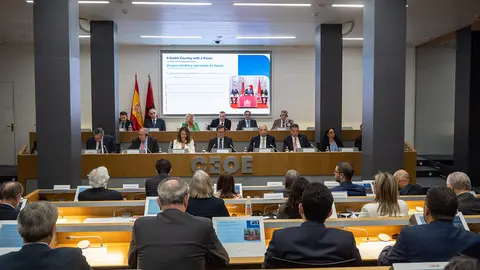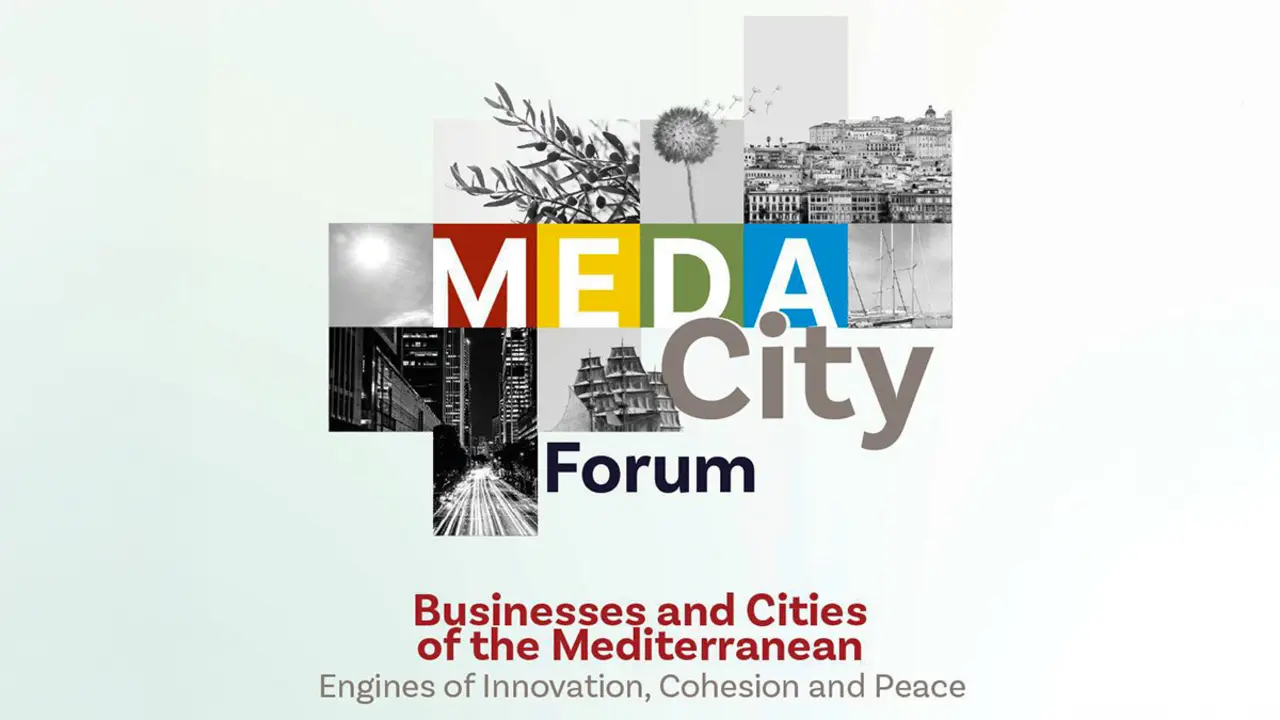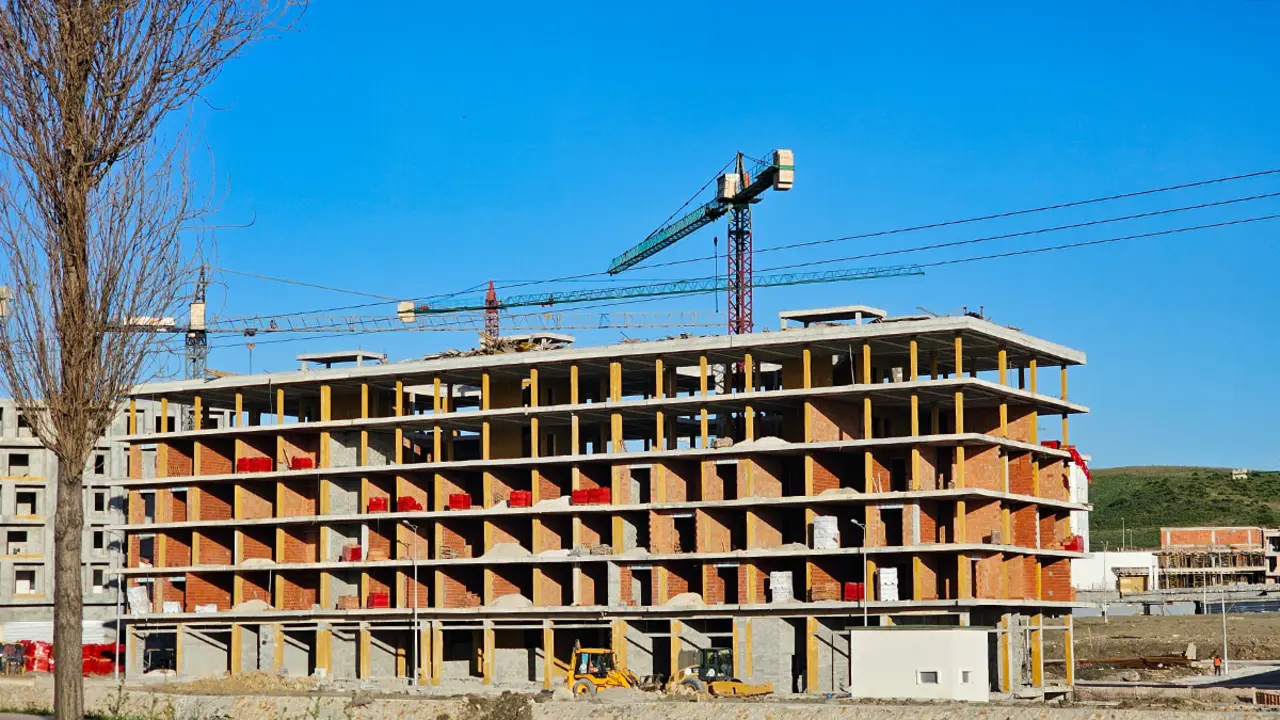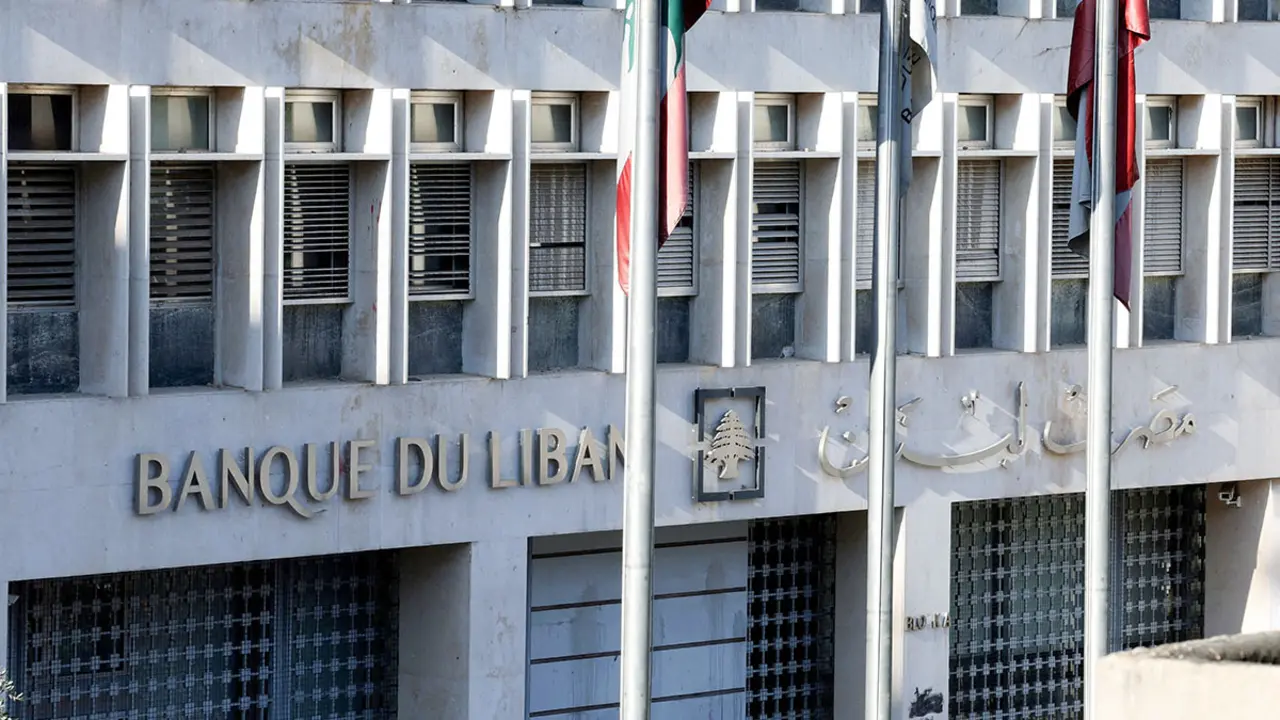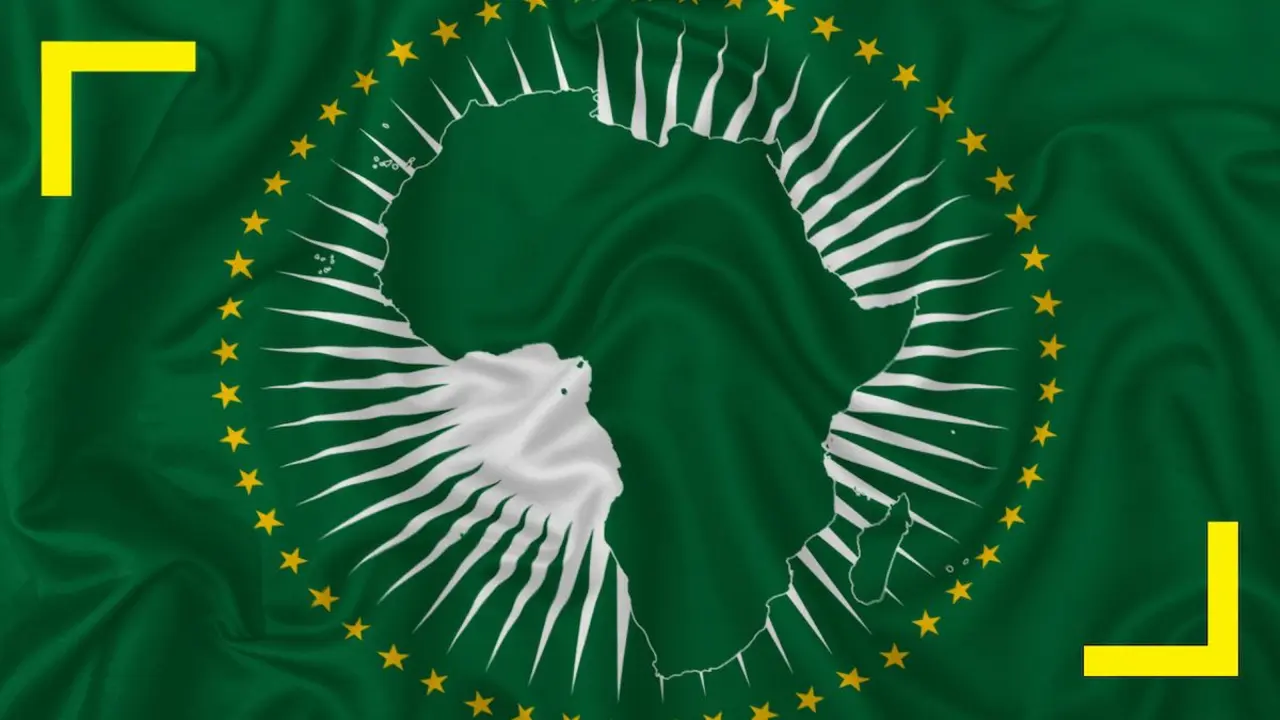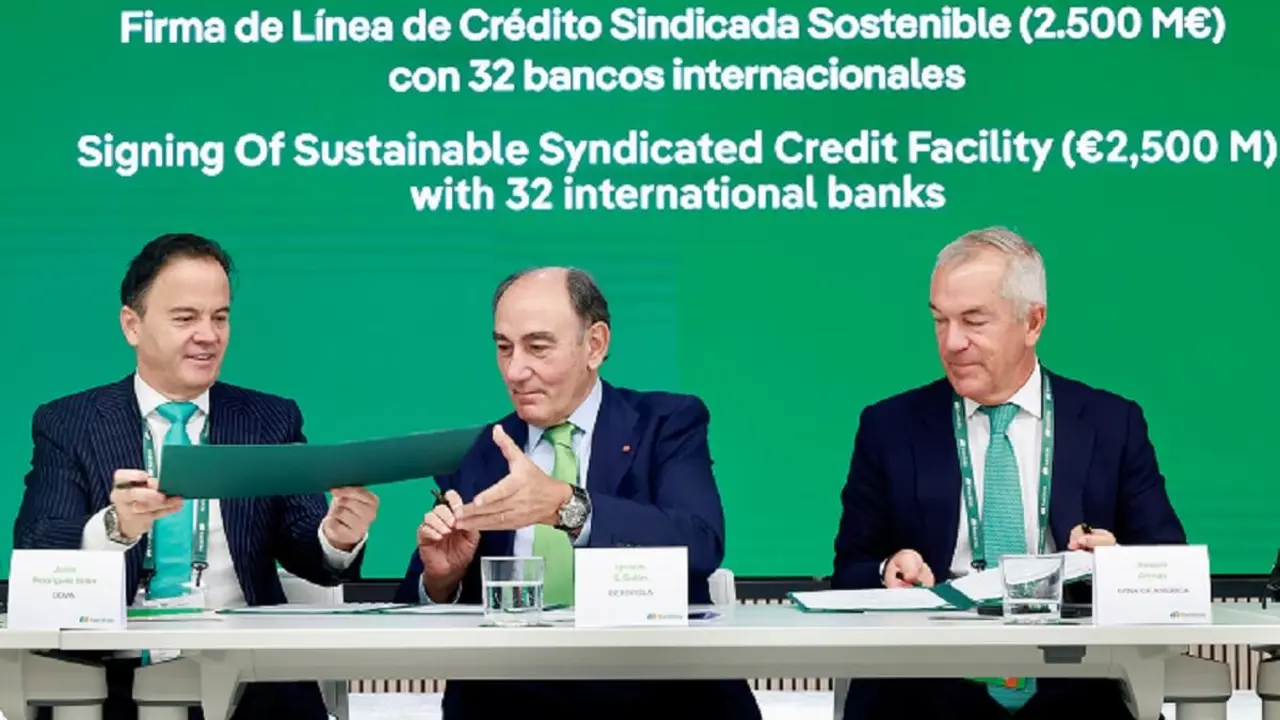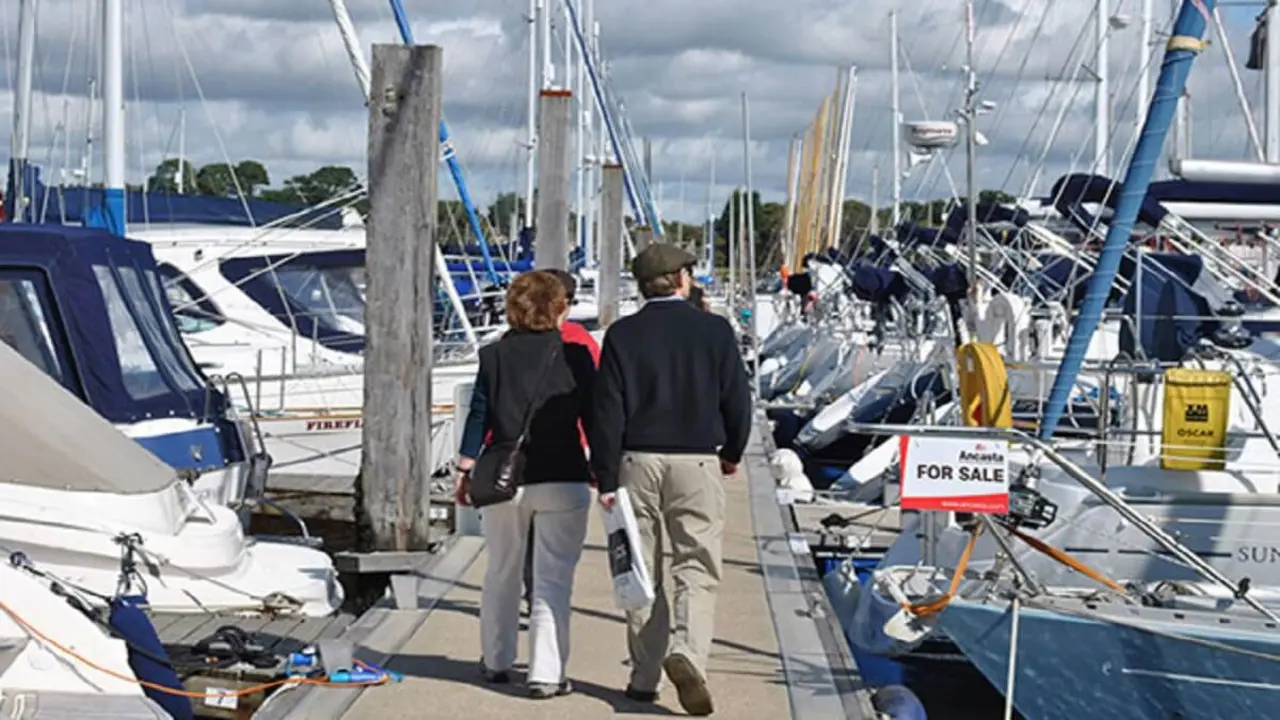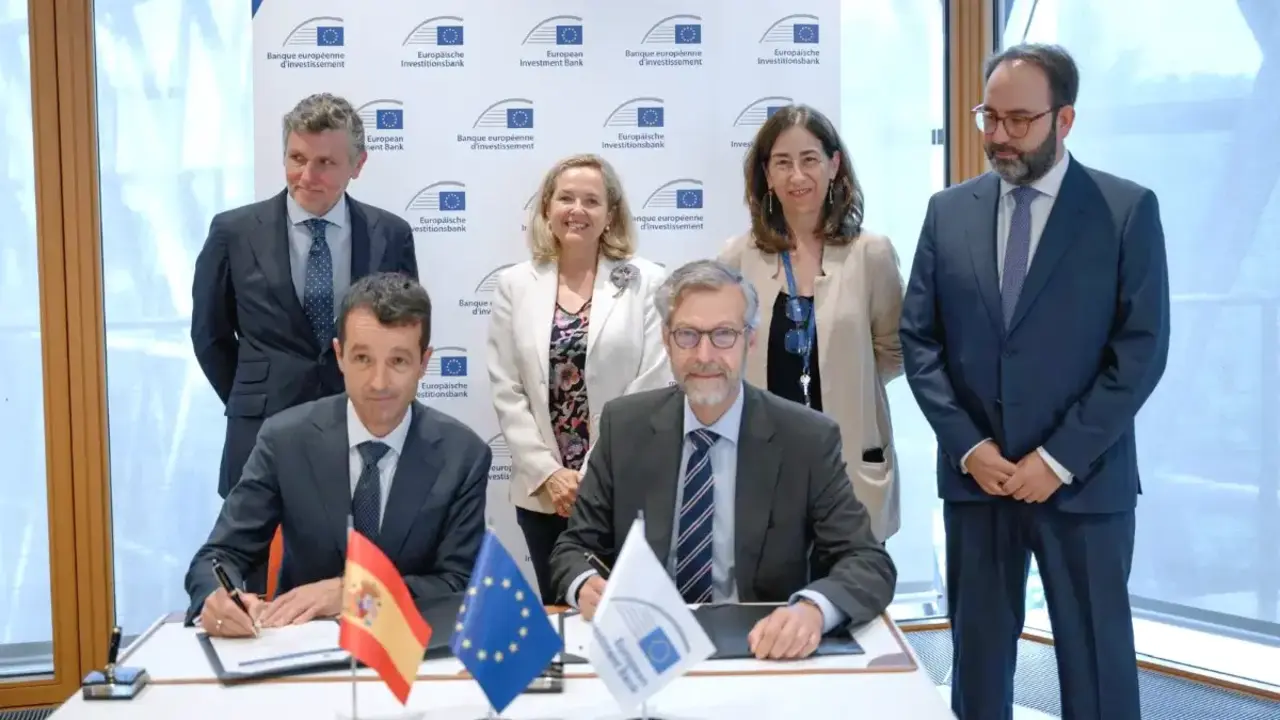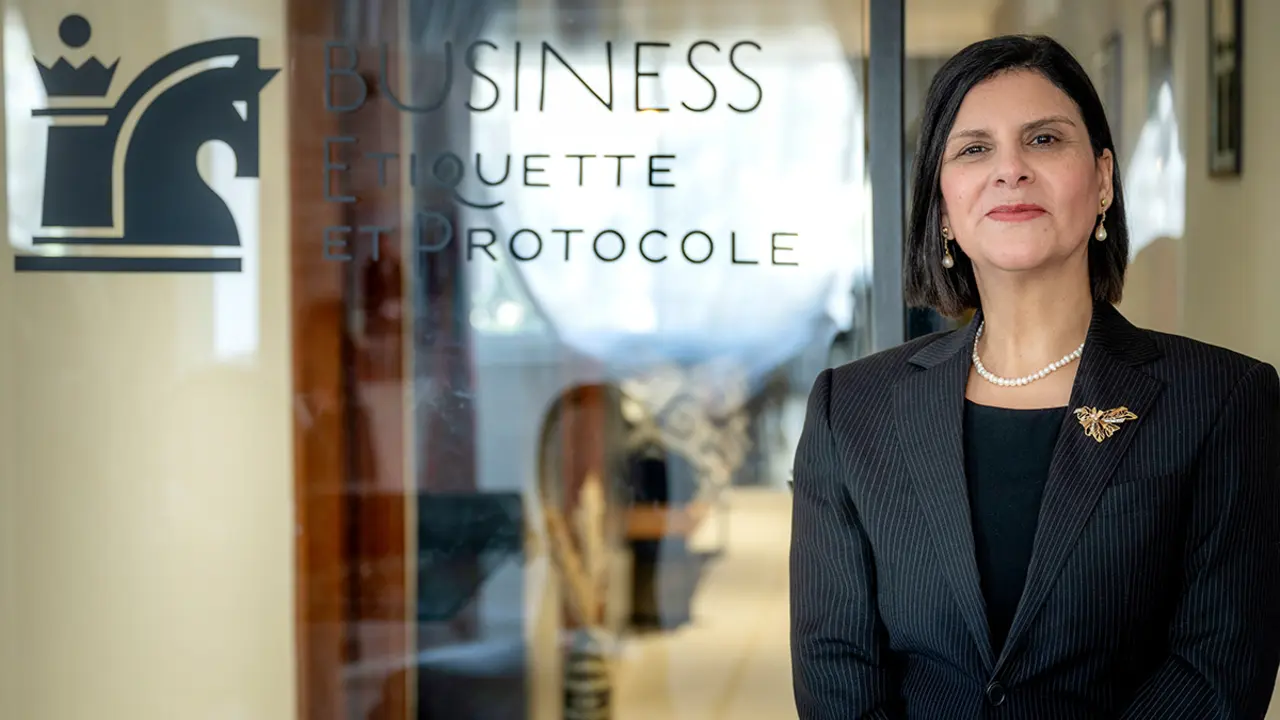Morocco hosts the first 'Euro-Mediterranean' economic diplomacy conference
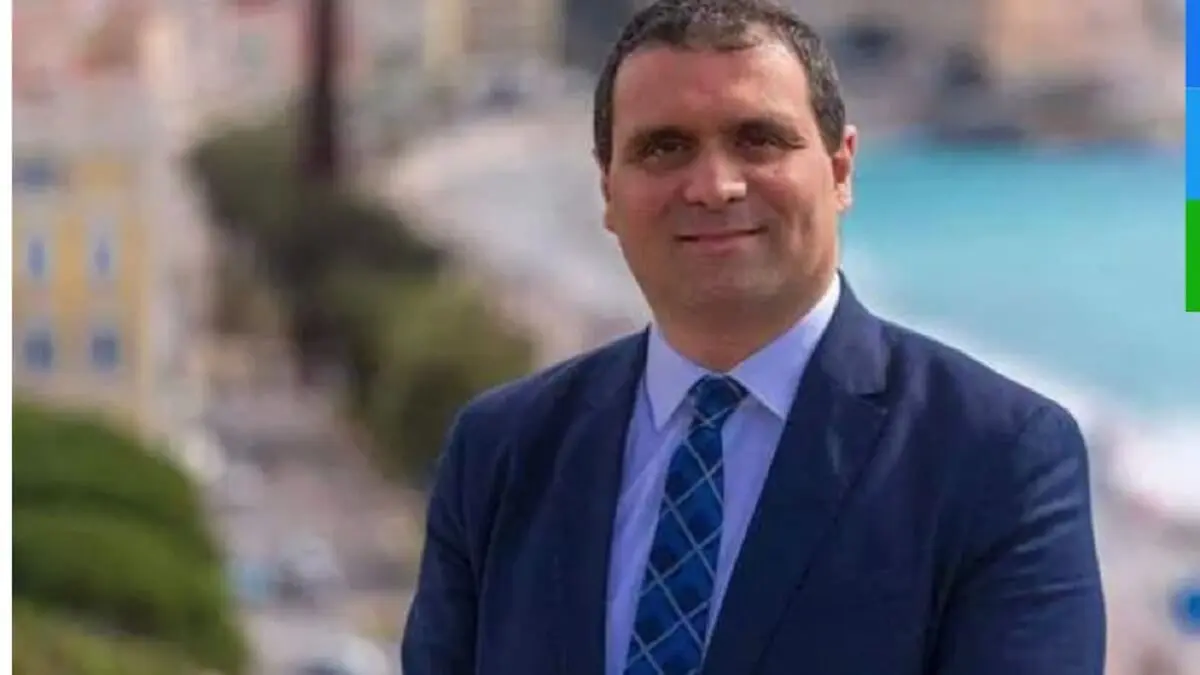
On 20 and 21 July, at the headquarters of the Policy Centre for the New South (PCNS) in Technopolis, Rabat, Morocco will host the first "Euro-Mediterranean" economic diplomacy conference organised by the Union for the Mediterranean, in cooperation with the PCNS itself, with the aim of highlighting economic diplomacy as a tool for regional integration in the Euro-Mediterranean region.
Various personalities, diplomats, experts and academics will offer their knowledge and experience to the young participants in order to develop a common vision on how economic diplomacy can add value to the regional integration that regulators seek to achieve between Mediterranean countries and activate the objectives of partnership and cooperation between the two shores of the Mediterranean.
According to the Deputy Secretary General of the Union for the Mediterranean, Abdelkader El-Khissassi, more than twenty countries from both shores of the Mediterranean will be represented at this symposium by leading diplomats, experts in economics and international relations, representatives of think tanks and research groups and many international organisations for the benefit of dozens of young beneficiaries from the world of diplomacy and economics.
According to El-Khissassi, this conference aims to gain experience in the service of the new generation of leaders as one of the tools of soft power seeking economic progress and regional integration.
El-Khissassi added that the choice of Morocco to host this first edition takes into account the heritage of the Moroccan state in terms of its diplomacy, one of the strongest and most balanced at regional and international level and with a great track record in political and commercial relations with partners in Europe and Africa and the rest of the world, as pointed out by various media such as EuroMagreb.
Abdelkader El-Khissassi believes that, under the leadership of King Mohammed VI, the Moroccan kingdom plays a central role in the equations of North-South relations. Morocco remains one of the most active countries in the Union for the Mediterranean at various levels and one of the most active in promoting joint development in the region.
In this sense, the organisers see Morocco as one of the main promoters of economic diplomacy by creating synergies in the Euro-Mediterranean region, as well as a pivotal country and a key actor for the inclusive and beneficial economic integration of Africa and the Mediterranean.
On the other hand, the call for this symposium falls in a context where the world has realised the enormous opportunities and challenges resulting from the human and economic interactions associated with the effects of the Fourth Industrial Revolution, where global diplomats are at the crossroads of developing their economic mechanisms in the era of major blocs and emerging geopolitical ambitions around the world.
The symposium also aims to discuss the challenges of trade, encouraging investment, fostering innovation and digital transformation as key elements of development tools, especially in the aftermath of the pandemic and in the aftermath of the war in Ukraine.
This symposium is organised, in a context whose characteristics are constantly being shaped by accelerating interdependence and reshaping value chains, as these tools are of utmost importance for foreign policy makers, as they open new horizons for regional and sub-regional integration and cooperation.
It should be noted that the Union for the Mediterranean (UfM) aims to promote regional integration through its various mechanisms as a driving force to build consensus on regional agendas in the Mediterranean region to work towards achieving significant growth and the development of cost-effective economic development models for all EU member states.
It will be an important opportunity to clarify issues related to the relationship between diplomacy and economics with respect to regional integration in the Mediterranean, where Morocco plays a very important role, especially given the great development that the North African country has undergone in recent years under the reign of Mohammed VI, who, since his accession to the throne in 1999, has boosted national development in many areas by modernising the nation in various fields such as economic, industrial, social, administrative, etc....

